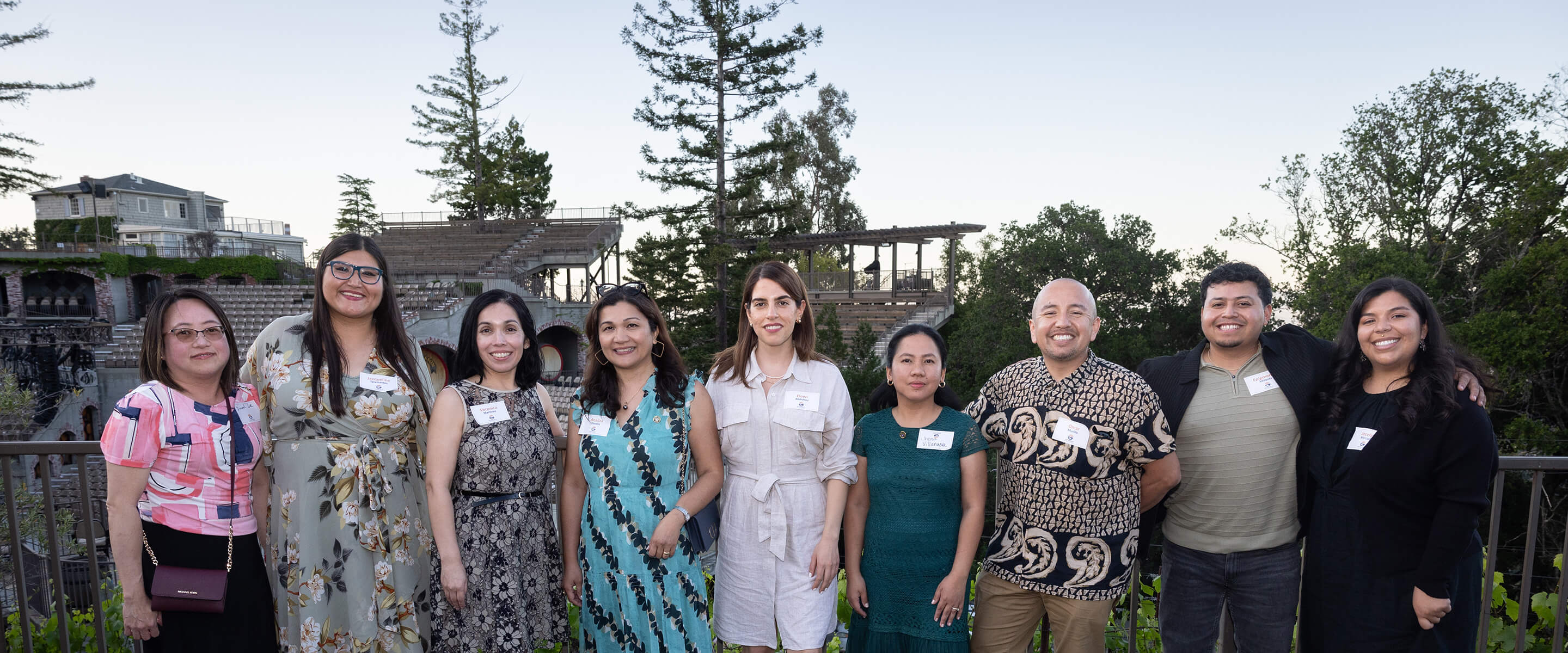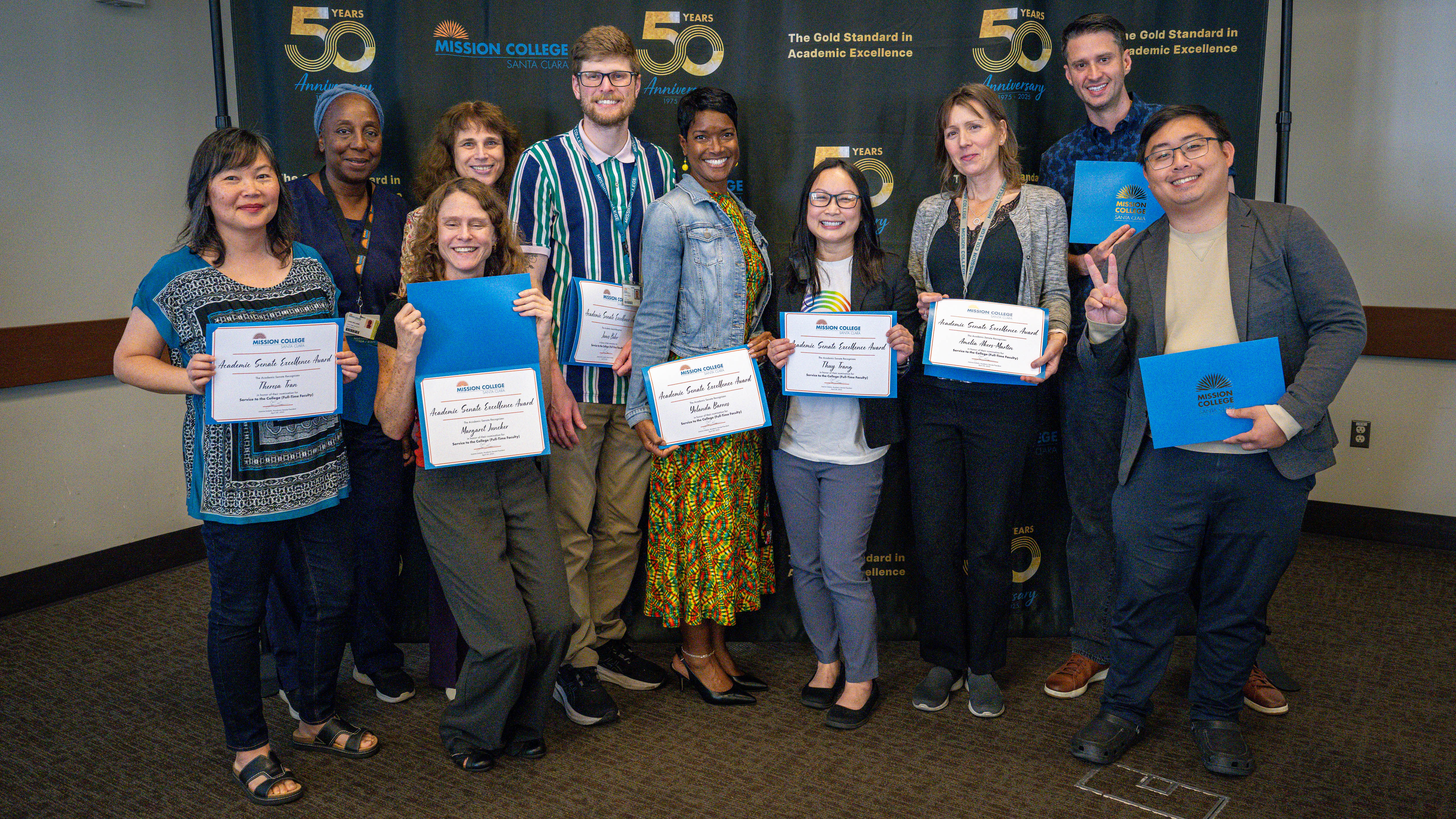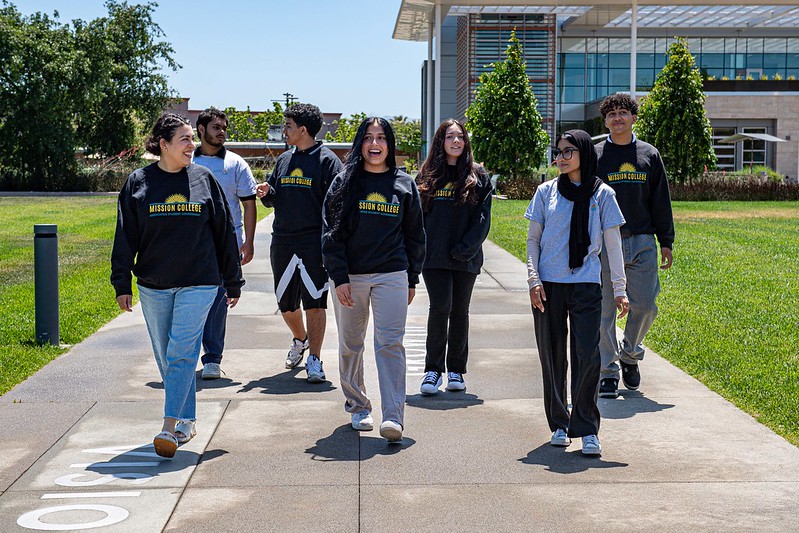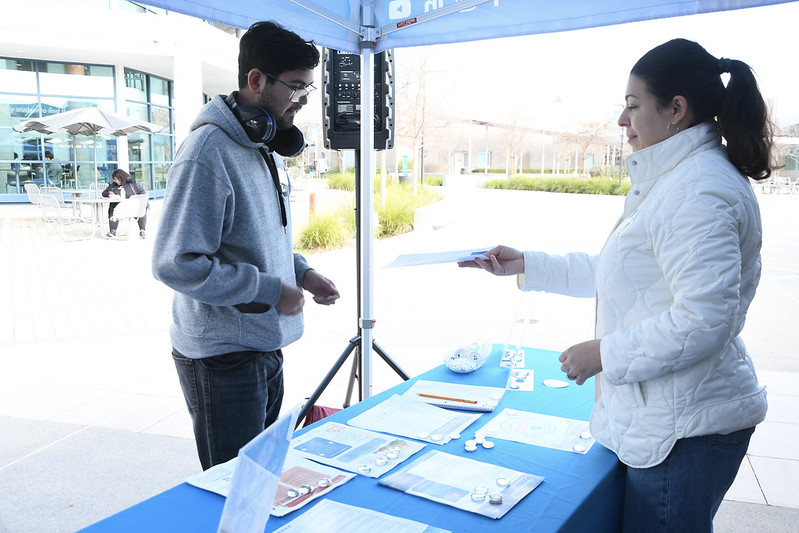College Committees
The power of participatory governance lies in its ability to bring every voice to the table: students, classified professionals, faculty, and administrators alike. Our college committees are essential spaces where collective decision-making drives meaningful change, enhances the student experience, and strengthens our operations. Through transparent collaboration, we build trust, deepen connection, and cultivate a shared sense of purpose and responsibility across our entire campus community.





